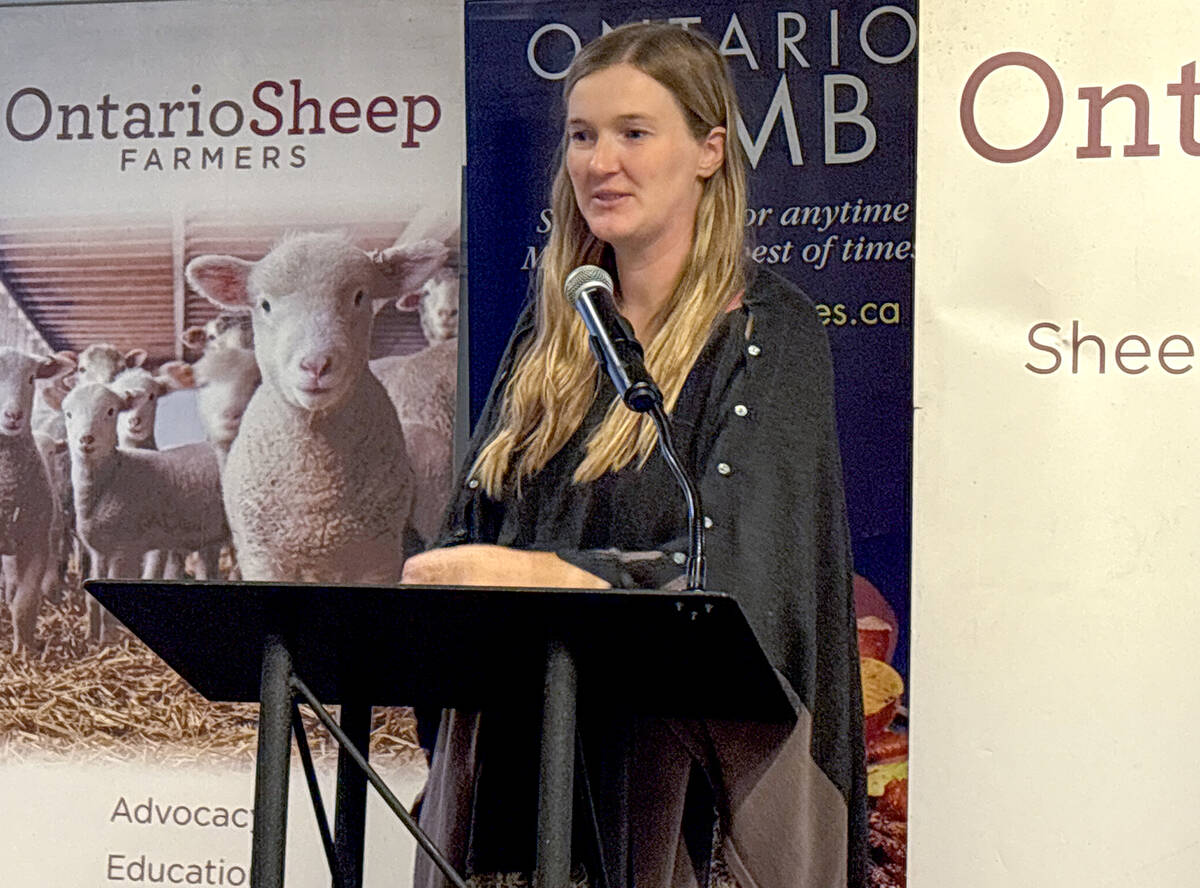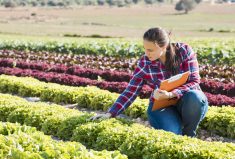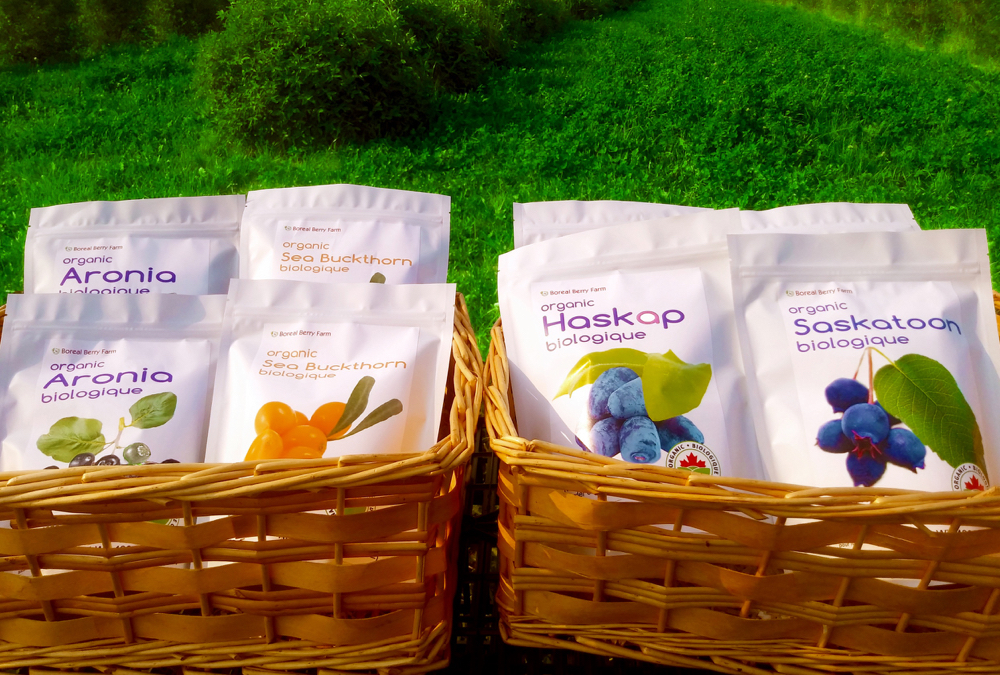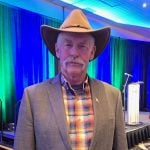Glacier FarmMedia – What kind of crazy people would set up a vegetable farm from scratch outside Thunder Bay, Ont.?
Two southern Ontarians with no agriculture education or background, that’s who.
Why it matters: Innovative approaches and young farmers with fresh ideas can give agriculture a healthy spark and are vital to the continued sustainability of the industry.
Ten years later, Marcelle Paulin and Brendan Grant have turned Sleepy G Farm into a model for how a small farm can successfully serve a regional food market.
Read Also

Footflats Farm recognized with Ontario Sheep Farmers’ DLF Pasture Award
Gayla Bonham-Carter and Scott Bade, of Footflats Farm, win the Ontario Sheep Farmers’ 2025 DLF Ontario Pasture Award for their pasture management and strategies to maximize production per acre.
“We saw early on that the local food movement was just taking off,” said Grant, who met Paulin while both were attending Lakehead University in Thunder Bay.
The young couple operate a vegetable and beef cattle operation at Pass Lake, 45 kilometres east of Thunder Bay. They bought a 171-acre unused dairy farm in 2006 and began developing it to produce vegetable crops for the local market in northwestern Ontario.
They started selling vegetables in 2009 and by 2013 were able to give up their off-farm jobs and work full-time on the farm.
They now also employ three full-time workers during the growing season.
The farm supplies several hundred people in the area through a community-supported program that provides fresh vegetables for six to eight months per year. Their biggest crop is carrots and the bulk of what they produce are root crops, which do best in the region’s short frost-free period of about 100 days.
The couple are both from southwestern Ontario, with Paulin coming from Owen Sound on Georgian Bay and Grant from London. They met at Lakehead while he was studying geography and outdoor recreation and she was studying social work.
They decided they wanted to get involved in the early but burgeoning local food movement of the 2000s, heading to British Columbia to work in some farming operations.
“We realized we probably couldn’t afford the land,” said Grant about what prompted the couple to think about farming in the relatively non-agricultural Thunder Bay area.
“We saw a lot of opportunity in the marketplace because there were no significant producers of vegetables,” he said.
The farm they bought needed a lot of work to bring into vegetable production, but by the time they were ready to begin selling produce, they discovered they had a good problem: more demand than they could supply.
“The market was ready the day we got there, but we had to quickly scale up production to meet it.”
For years they stuck to word-of-mouth marketing, building a base of eager consumers who wanted some of their food to come from the local area.
Their farm is also certified-organic, which is rare in the region but popular.
That’s something that has made them energetic members of the National Farmers Union, which has a declining profile in bulk commodity production but has been bringing in a whole new community of small-scale, direct-to-the-consumer farmers that is sprouting around most significant Canadian cities.
Paulin is the NFU Ontario women’s adviser and Grant is the regional president.
While the local farming community is small, focused mostly on dairy production, the farms scattered through the rocky, wooded region are situated in beautiful territory.
Their farm lies at the base of the famous Sleeping Giant rock formation that lies east of the city, stretching out into Lake Superior and looking like what the name suggests.
Their lives are busier than ever today, with baby Lowell adding a new and demanding element to the farm.
“We spent the first 10 years of our farming career building the farm. Now we’re in the process of building family,” said Paulin as she held the cheerful baby.
The couple haven’t picked an easy path in life, but they’re happy with how it’s working out and looking forward to the future.
Building a farm and establishing a community of consumers has been an exciting mission and process and they’re keen to keep going with it.
“You have to succeed at what you do,” said Paulin.
“We try hard. There’s a lot of passion behind what we do.”
This article was originally published at the Western Producer.














